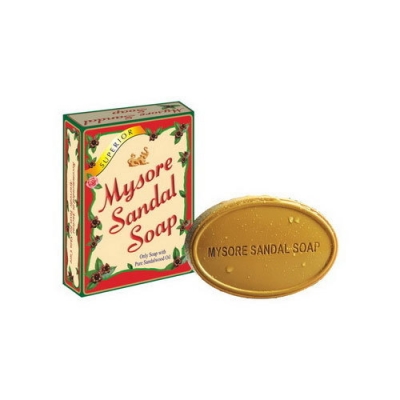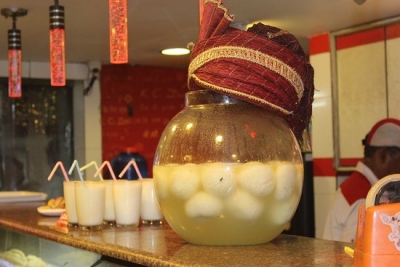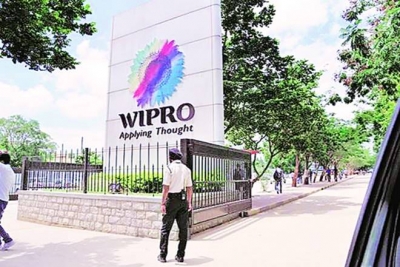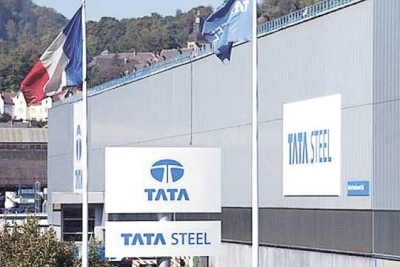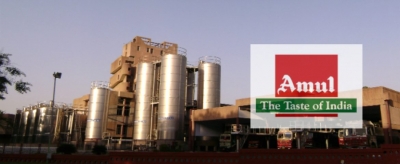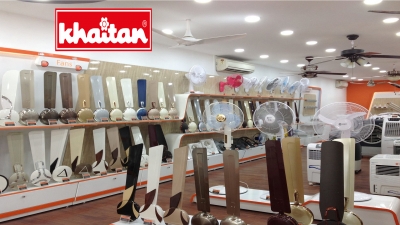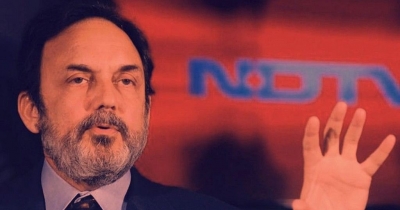Which is one of India’s largest tyre manufacturing companies began as a toy balloon manufacturing unit in Madras in 1946?
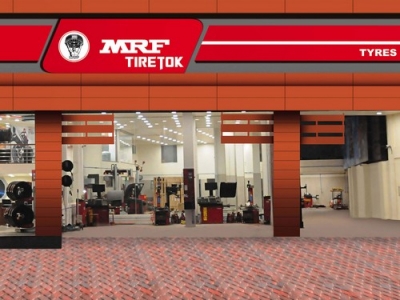
MRF (Madras Rubber Factory) is India’s No.1 tyre manufacturing company. It was started in the year 1946 by K M Mammen Mappillai as a small toy balloon unit. In 1964 MRF established an overseas office at Beirut, Lebanon to tap the export market. This was amongst India’s very first efforts on tyre exports. In 1989 the company collaborated with US–based Hasbro International, the world’s largest toy maker and launched Funskool India. In the same year it entered into a pact with Vapocure of Australia to manufacture polyurethane paint formulations and with Pirelli for Muscleflex conveyor and elevator belting.
Currently MRF exports tyres to over 65 countries including America, Europe, Middle East, Japan, and the Pacific region. It presently has overseas offices in Dubai, Vietnam and Australia.
It manufactures its Muscleflex brand of conveyor belting at one of the most advanced state–of–the–art facilities in India. Incorporating the latest manufacturing techniques in processes beginning with mixing, calendaring and the like to manufacturing of the finished products, all of which is in–house, Muscleflex –conveyor belting has gained rapid acceptance in markets worldwide.
It is the most advanced precured retreading system in India. MRF forayed into retreading as far back as 1970. Today, MRF has perfected the art of recured retreading with its extensive knowledge in tyres and rubber.
Picture Credit : Google
